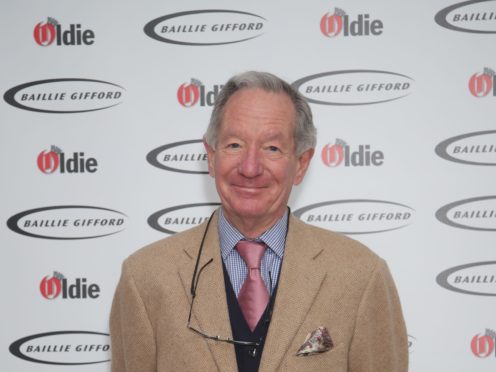Veteran broadcaster Michael Buerk has said that obese people should be given the choice to indulge if they wish, and that they are “weak, not ill”.
The BBC presenter said that those who are obese may be making a “selfless sacrifice” to stop the country being overpopulated if they die a decade earlier than the rest of the population.
Buerk wrote in the Radio Times magazine that he does not believe obesity should be classed as a disease in a bid to encourage people to seek treatment and to “reduce the stigma (of) fatness”, adding that “you’re fat because you eat too much”.
The former I’m A Celebrity… Get Me Out Of Here! star queried Public Health England’s claim that overweight and obesity-related ill-health costs the NHS £6.1 billion a year.
He said: “Who can calculate how much an obese person would have cost if they were slim?
“How much would he or she cost if, instead of keeling over with a heart attack at 52, they live to a ripe, dementia-ridden old age, requiring decades of expensive care? (In any case, VAT on takeaways, confectionery and fizzy drinks more than covers it.)”
He added that the “freedom to make bad choices is what personal autonomy, indeed democracy, is all about”, and asked “who is to say longevity is the ultimate goal in life?”.
Buerk said: “Let us positively reframe the argument.
“The obese will die a decade earlier than the rest of us; see it as a selfless sacrifice in the fight against demographic imbalance, overpopulation and climate change.
“Give them the facts to make informed decisions, by all means, ‘nudge’ all you like, but in the end – leave couch potatoes alone. They’re weak, not ill.”
The NHS estimates that almost a third of adults in the UK are obese, and that one in five children aged 10 to 11 are obese.
– Radio Times magazine is out now.
